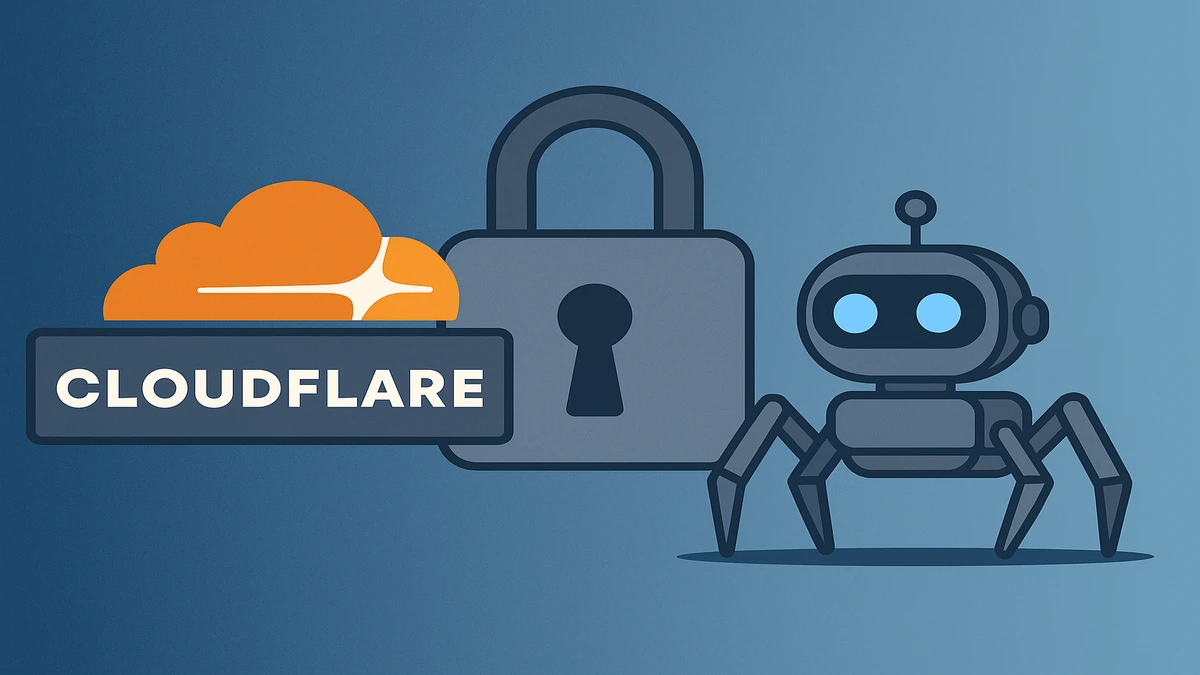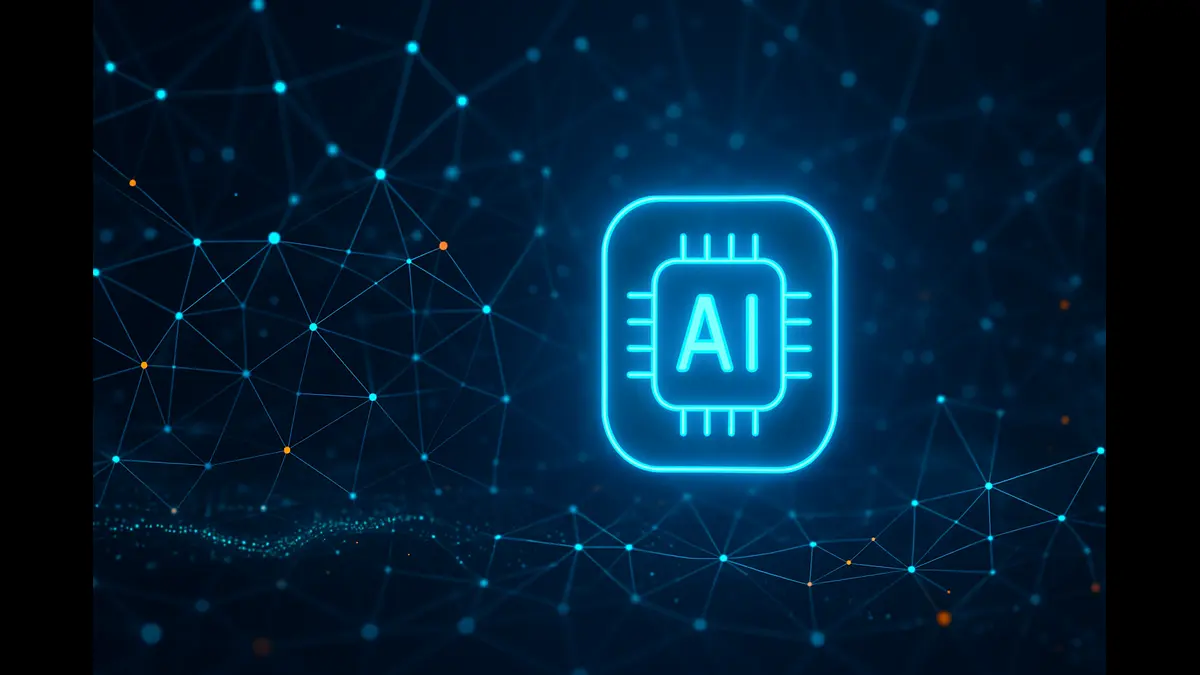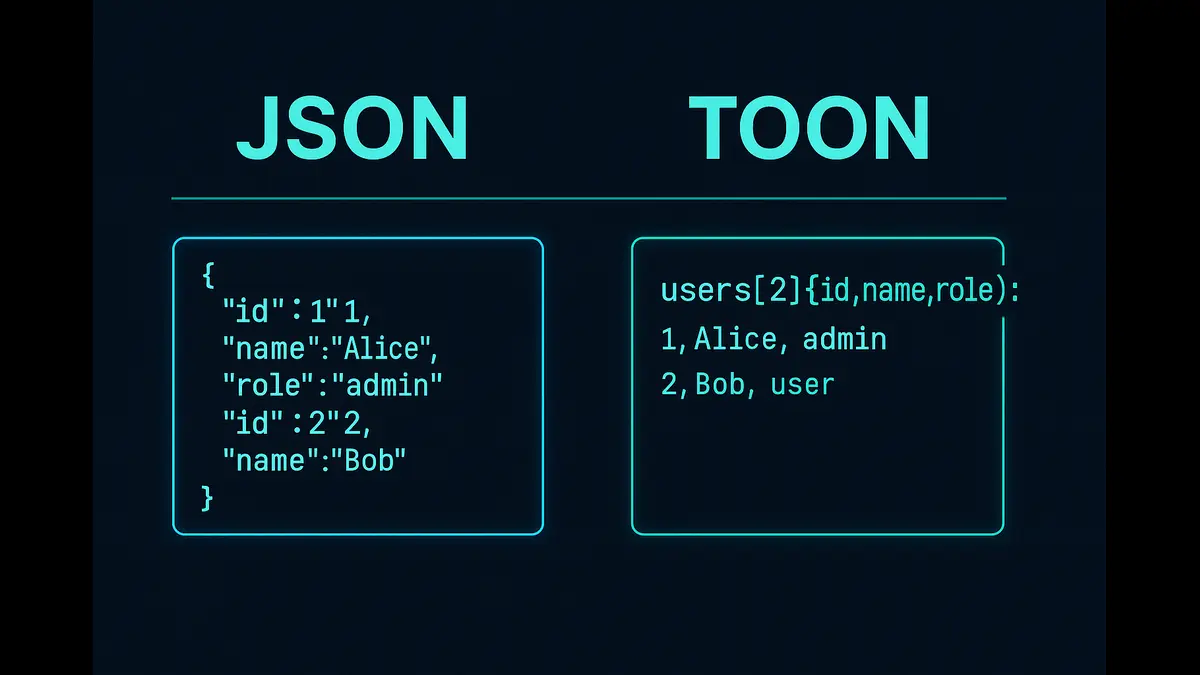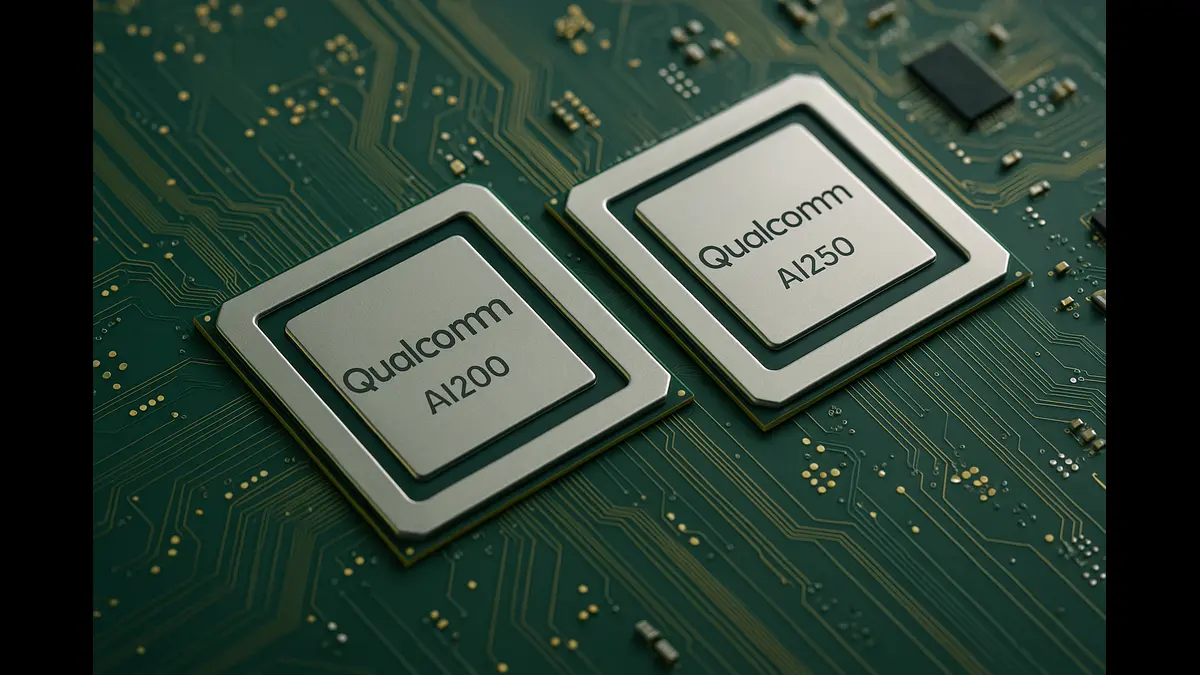
Cloudflare’s Content Independence Day blocks AI crawlers by default & launches Pay-Per-Crawl marketplace, empowering publishers to charge for content access.
In a bold move that could redefine the dynamics of the internet, Cloudflare, a leading content delivery network managing approximately 20% of global web traffic, has introduced a groundbreaking initiative dubbed “Content Independence Day.” As of July 1, 2025, Cloudflare has shifted its default setting to block AI crawlers from scraping websites unless explicit permission is granted or compensation is provided. This development, coupled with the launch of a private beta “Pay-Per-Crawl” marketplace, empowers content creators to monetize their work and regain control over how artificial intelligence (AI) companies access their data.
This article explores the implications of Cloudflare’s innovative approach, its potential to transform the digital ecosystem, and the broader conversation it has sparked among publishers, AI developers, and internet users.
The Rise of AI Crawlers and the Challenge for Publishers
The rapid proliferation of AI technologies has transformed how information is consumed and processed online. AI crawlers, deployed by companies developing large language models and other generative AI tools, scour the internet to gather vast amounts of data. This data fuels the training of AI systems, enabling them to generate text, images, and other content. However, this practice has long frustrated content creators, who see little to no return—whether in traffic or revenue—for the use of their work. Websites, particularly those of news organizations, blogs, and independent publishers, have been “strip-mined” by AI bots, as Cloudflare’s CEO Matthew Prince aptly described.
Historically, the internet operated on a model of mutual benefit: search engines like Google crawled websites to index content, driving traffic back to the original source. AI crawlers, however, often bypass this symbiotic relationship, extracting content without directing users to the source or compensating creators. This has led to growing calls for a fairer system, with publishers seeking ways to protect their intellectual property while maintaining visibility in an AI-driven world.
Cloudflare’s Response: Content Independence Day
On July 1, 2025, Cloudflare took a decisive step to address these concerns by declaring “Content Independence Day.” The initiative introduces two key changes. First, all new websites signing up with Cloudflare will have AI crawlers blocked by default, preventing unauthorized scraping. Second, the company has launched a “Pay-Per-Crawl” marketplace, currently in private beta, which allows publishers to charge AI companies for access to their content. This marketplace, supported by over 50 major publishers including The Associated Press, Condé Nast, Reddit, and Time, aims to create a transparent and equitable system for content licensing.
The Pay-Per-Crawl model operates through a sophisticated technical framework. The platform employs Ed25519 key pairs and HTTP message signatures to authenticate crawlers, ensuring only authorized bots can access content. Publishers set their own fees, and Cloudflare handles billing and revenue distribution, streamlining the process for both parties. This approach not only empowers content creators but also introduces a new revenue stream, potentially offsetting losses from declining ad revenue or subscription challenges.
Pay per crawl is a new feature to allow content creators to charge AI crawlers for access to their content. https://t.co/PUrlSs636k
— Cloudflare (@Cloudflare) July 1, 2025
Technical and Economic Implications
From a technical perspective, Cloudflare’s infrastructure is uniquely positioned to implement this system被
System: model. The system employs robust security measures to ensure that only authorized AI crawlers can access content, using advanced cryptographic techniques like Ed25519 key pairs and HTTP message signatures. This setup guarantees that publishers have control over their content, while also providing a seamless mechanism for legitimate crawlers to gain access upon payment. The economic implications are equally significant. By allowing publishers to charge for each crawl, is creating a marketplace that could fundamentally alter the economics of content creation. Publishers, particularly smaller ones, stand to benefit from a new revenue stream that values their intellectual property appropriately.
The SEO Debate: Visibility vs. Control
Cloudflare’s move has sparked a lively debate within the search engine optimization (SEO) community. On one hand, blocking AI crawlers could limit a website’s visibility on platforms like Google’s AI Overviews, which rely on scraped data to generate answers. Since Google does not distinguish between its search and AI crawlers, blocking the latter could inadvertently harm a site’s ranking in traditional search results—a critical concern for publishers dependent on organic traffic. On the other hand, advocates argue that the Pay-Per-Crawl model restores fairness to the ecosystem, ensuring that content creators are compensated for their work. This tension highlights a broader challenge: balancing discoverability with control over one’s intellectual property.
Matthew Prince has been vocal about this issue, urging Google to separate its AI crawlers from its search crawlers to avoid penalizing websites that block unauthorized scraping. He has even hinted at potential legislative advocacy to enforce such a separation, signaling Cloudflare’s commitment to reshaping industry norms. Posts found on X reflect this divide, with some users praising the initiative as a potential savior of the internet, while others express skepticism about its long-term impact on AI companies and content visibility.
Industry Support and Future Prospects
The Pay-Per-Crawl marketplace has garnered significant support from major publishers, indicating a collective desire to address the challenges posed by AI scraping. Organizations like AdWeek, The Atlantic, and Dotdash Meredith have joined the private beta, signaling confidence in Cloudflare’s vision. This coalition suggests that the industry is ready to move toward a permission-based model, where content creators dictate the terms of access. However, the success of this initiative hinges on several factors: the willingness of AI companies to participate, the effectiveness of Cloudflare’s crawler detection technology, and the ability to scale the marketplace without disrupting existing AI training workflows.
Cloudflare’s broader mission aligns with this initiative. Originally a cloud security company, it has expanded into a comprehensive platform for website performance and protection. The introduction of security tools for AI applications, announced earlier in 2025, underscores its commitment to safeguarding digital assets against emerging threats like data leakage and toxic prompts. By positioning itself as a gatekeeper for billions of web pages across 125 countries, The CDN giant is well-equipped to enforce its Pay-Per-Crawl model at scale.
Potential Challenges and Criticisms
While the initiative is promising, it is not without challenges. For one, smaller publishers may struggle to set competitive pricing that attracts AI companies without undervaluing their content. Additionally, the reliance on Cloudflare’s infrastructure could raise concerns about centralization, as the company becomes a pivotal intermediary in content licensing. There’s also the question of enforcement: can Cloudflare effectively distinguish between legitimate and rogue crawlers without creating friction for publishers or AI developers? Critics on platforms like X have raised concerns about whether this model will disproportionately benefit larger publishers, potentially leaving smaller creators at a disadvantage.
Another point of contention is the potential impact on AI development. AI companies rely on vast datasets to train their models, and widespread adoption of paywalls could increase costs or limit access to high-quality data. This could slow innovation in the AI sector, though proponents argue that ethical data sourcing is a necessary evolution for the industry.
A New Era for the Internet?
Cloudflare’s Pay-Per-Crawl initiative marks a pivotal moment in the evolution of the internet. By prioritizing content creators’ rights and introducing a marketplace for fair compensation, it challenges the status quo of unchecked data scraping. The move aligns with growing calls for digital sovereignty, where individuals and organizations control how their data is used. If successful, this model could inspire similar frameworks across other platforms, fostering a more equitable web ecosystem.
However, the initiative’s long-term success depends on industry-wide adoption and cooperation. AI companies must see value in paying for access, and publishers must navigate the trade-offs between visibility and control. As the digital landscape continues to evolve, the company’s bold experiment could set a precedent for how content is valued and protected in an AI-driven world.
Cloudflare’s Content Independence Day and Pay-Per-Crawl marketplace represent a significant step toward empowering content creators in the age of AI. By blocking AI crawlers by default and offering a mechanism for publishers to monetize their content, Cloudflare is addressing a long-standing grievance in the digital ecosystem. While challenges remain—particularly around SEO impacts and scalability—the initiative has sparked a vital conversation about the future of the internet. As publishers, AI companies, and policymakers navigate this new landscape, Cloudflare’s efforts could herald a more equitable and transparent digital future. For content creators, this is a chance to reclaim their place at the heart of the web, ensuring their work is valued and protected for years to come.
Discover more from Poniak Times
Subscribe to get the latest posts sent to your email.






